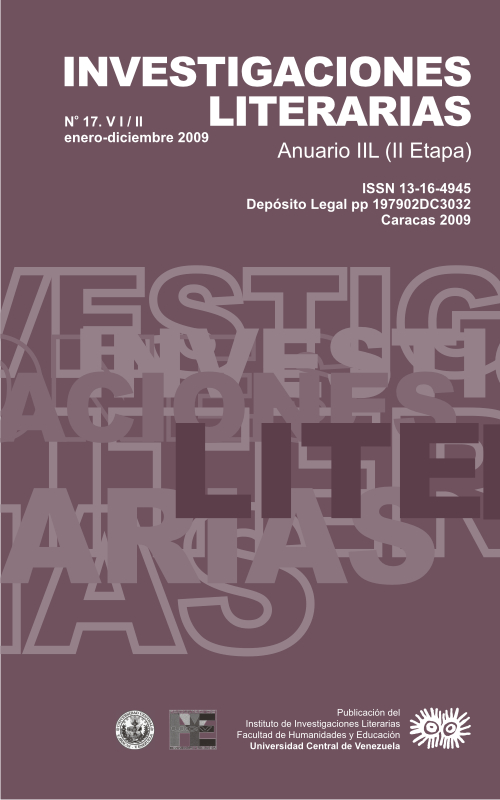EL TEMA DEL PODER EN TRAGEDIAS CLÁSICAS I LA SAGA DE AGAMENÓN
Palabras clave:
literatura clásica, literatura barroca, poder, classic literature, baroque literature, powerResumen
El tema del poder es materia de constante reflexión para los poetas de Occidente, tradición iniciada por Homero y los trágicos, quienes parecen entender las relaciones humanas dentro de la tupida red tejida por las relaciones de poder. Poco importa la calidad de éste: legítimo, espurio o tirano: la lección que una y otra vez les interesa transmitir trata de la precaución con la cual todos debemos acercarnos al poder, tan peligroso para quien lo soporta como para quien lo ostenta, acaso peor para la psique de este último. Será nuestra tarea reflexionar (hacer conciencia) sobre ciertas constantes del poder: legitimidad y abuso; proclividad del poderoso a perder la noción de los límites y caer en soberbia y desmesura (hybris). Función de la justicia; respeto a las jerarquías como base de la concordia ciudadana. Necesidad de que la polis, es decir, los ciudadanos todos, vigilen y mantengan las estructuras de la misma polis, logrando que el poder se limite, cumpla sus funciones y ejerza la autoridad necesaria para el bien social, lo cual evita la perniciosa autocracia. Siempre habrá que recordar que Atenas, tan enemiga de tiranos, tuvo treinta.ABSTRACT
For Western poets power is a subject of continuous reflection. This tradition was initiated by Homer and the tragic writers who seem to understand human relations within the thick net woven by power relations. Its kinds are of little importance: be it legitimate, spurious, or tyrannical the lesson they care to transmit time over time revolves around precaution, that with which we should approach power as dangerous for he who bears it as it is for he who flaunts it –perhaps even more for the psyche of the later. Our task shall be to reflect on (make conscious about) certain patterns relating power: legitimacy and abuse, proclivity of the powerful man to lose notion of boundaries and become haughty and excessive (hybris), function of justice, respect toward hierarchies being the foundations of citizenship harmony, the need for the polis, all the citizens, to watch and maintain the structures bound to the polis achieving power limitation, fulfillment of its functions and exercise of authority necessary for social welfare which, in the end, keeps us from pernicious autocracy. We shall always remember that Athens, standing strongly against tyrants, raised thirty of them.
Descargas
Los datos de descargas todavía no están disponibles.
Descargas
Número
Sección
Artículos

